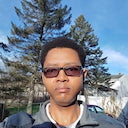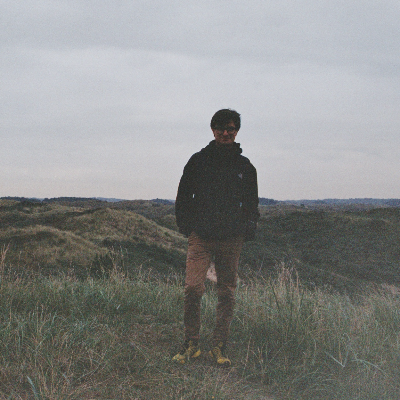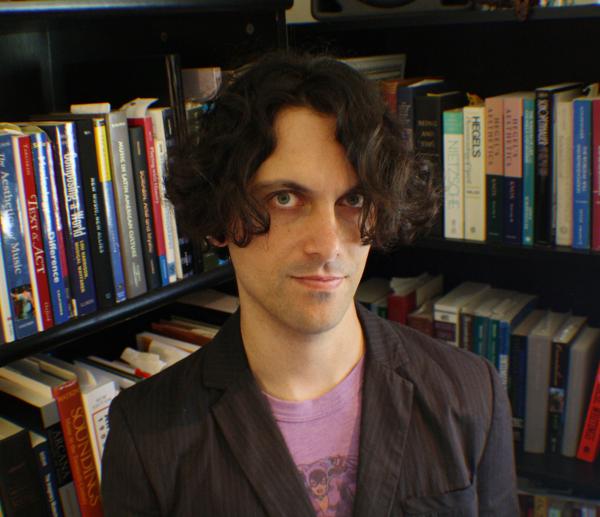American Music
Homework Help & Tutoring
We offer an array of different online American Music tutors, all of whom are advanced in their fields and highly qualified to instruct you.
American Music
American Music
The history of music in the United States showcases a rich tapestry of multi-cultural history. Music was often the background to much of American history from slaves finding solace through negro spirituals to revolutionary soldiers marching to the tune of Yankee Doodle to protest songs pushing anti-war messages. In every era, music reflected the social and economic events of the time and even sometimes provoked awareness, changes, and major issues.
Native Americans, being the first people of the United States can also be considered to be the first musicians. Music was entwined into many areas of Native life, including work celebration, and healing ceremonies. Their music primarily consisted of folk music. Each Native American tribe has their own distinct variety of music, but notable characteristics of Native American folk music are the centering of vocals and percussion. Rattles and drums in particular help keep a steady beat for singers who use their native language or vocals. Though many native musical traditions were lost through forced assimilation and violent suppression of the culture, some of their compositions continue to be used today and have even served as influences for later genres of music.
During the colonial period until much of the federal period, most American songs reflected the musical heritage of Great Britain. These included drinking songs, ballads and songs of theater. Even patriotic songs such as the “Star Spangled Banner” were adaptation from British tradition. The notable exception were the songs of slave communities. Christian-influenced Negro spirituals were often based on Old Testament stories. Slave songs can be seen as the precursor to the blues, which was mostly sung in the South. Beginning in the 1840s, minstrel shows were ushered into popularity. Songs like “Oh Susanna” and “Dixie” were composed specifically for this scene. Minstrel shows were racially charged performances by white singers using exaggerated styles of African American song and movement and often wearing blackface. Heavy commercialization beginning during the late 19th century resulted in more songs being performed and produced in the United States. This is demonstrated in the circulation of popular music which was initially done through sheet music. As technology progressed, music was introduced to new media such as the radio (1920) and television (1927).
A migration of people from rural areas to more urban areas preceded a change in the scope of music. Country music emerged in the 1920s, originally known as “old-time” music and played by various string bands. During the 1950s African American music became popular with mainstream America. The melding of rhythm & blues with country and western music in the mid-1950s gave birth to rock and roll. White singers such as Elvis Presley began to cover black songs, some artists going as far as to change lyrics to make it more palatable to their white audience. The most memorable songs of the 60s and 70s were those that opposed the War in Vietnam and brought social awareness of the plight of African Americans. From folk to jazz, country to hip hop, to rock, the blending and sampling of different musical styles is the core of popular music of America.
To fulfill our tutoring mission of online education, our college homework help and online tutoring centers are standing by 24/7, ready to assist college students who need homework help with all aspects of American music. Our music tutors can help with all your projects, large or small, and we challenge you to find better online American music tutoring anywhere.
College American Music Homework Help
Since we have tutors in all American Music related topics, we can provide a range of different services. Our online American Music tutors will:
- Provide specific insight for homework assignments.
- Review broad conceptual ideas and chapters.
- Simplify complex topics into digestible pieces of information.
- Answer any American Music related questions.
- Tailor instruction to fit your style of learning.
With these capabilities, our college American Music tutors will give you the tools you need to gain a comprehensive knowledge of American Music you can use in future courses.
24HourAnswers Online American Music Tutors
Our tutors are just as dedicated to your success in class as you are, so they are available around the clock to assist you with questions, homework, exam preparation and any American Music related assignments you need extra help completing.
In addition to gaining access to highly qualified tutors, you'll also strengthen your confidence level in the classroom when you work with us. This newfound confidence will allow you to apply your American Music knowledge in future courses and keep your education progressing smoothly.
Because our college American Music tutors are fully remote, seeking their help is easy. Rather than spend valuable time trying to find a local American Music tutor you can trust, just call on our tutors whenever you need them without any conflicting schedules getting in the way.






